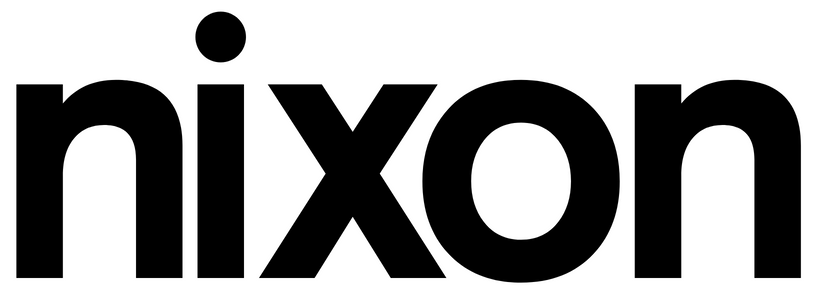Posted by Nixon
Developer Phil Thompson offers some blunt but useful advice on the subject in ‘How to get that first web development job’:
I wouldn’t hire someone who:
- Has a Hotmail or Yahoo email address (my tip: gmail, your own domain, mac.com, or anything else, looks better).
- Doesn’t have a website/blog/online portfolio or Twitter account.
- Has no experience whatsoever.
- I’ve never heard of.
As with any junior role, the applicants we spoke to had little to no industry experience, but unlike most industries, there’s no reason to have absolutely none.
The main thing we’re looking for when we hire junior developers is someone who loves development, and shows passion and an eagerness to learn: essentially, a fellow geek.
So, how can you best demonstrate all of these talents?
Build yourself a portfolio site
The first thing that you can do to show your passion for the industry is to build yourself an excellent portfolio site. The site should show off your knowledge and act as a live demo of your skillset.
You can do this with a simple WordPress install, or even a static site. If you’re really aiming for a particular company and have the time, find out what CMS they use and try using that. Little touches like this can make a huge difference.
Make sure your site includes a live CV detailing what you’ve worked on. These can include freelance jobs and sites for friends and family, as well as university projects you’ve worked on, if they help demonstrate your skillset.
Start a blog
This will allow you to write about what you’ve learnt, review blog tutorials expanding on what the author has demonstrated, and show you’ve got social media acumen and the ability to construct your thoughts in an orderly manner.
Create your own tutorials and demos. Some of the best tutorials are the ones written by those learning things for the first time, as they include all the bits that more experienced developers will overlook.
Set up your domain's email account
When you create your site, make sure you also set up an email address with the domain you have chosen. It’s something very small but it makes a massive difference to see a custom URL rather than a Hotmail address.
Get a GitHub account
As Karl Broman says in his article ‘Why Git and GitHub’:
Github is like facebook for programmers. Everyone’s on there. You can look at what they’re working on and easily peruse their code and make suggestions or changes.
It’s really open source. “Open source” is not so open if you can’t easily study it. With github, all of the code is easily inspected, as is its entire history.
Github lowers the barriers to collaboration. It’s easy to offer suggested changes to others’ code through github.
GitHub will allow you to demonstrate both your ability to code, through your own projects and contributions to others’ projects, and to show you have experience with version control - which if you don’t have, you should definitely get.

Get active on Stack Overflow
Stack Overflow is a question and answer site for professional and enthusiast programmers. Their aim is to build a library of detailed answers to every question about programming. This site will help you in two ways: you’ll be able to learn a lot from it, and can demonstrate both your knowledge of development and your language skills by answering questions, clearly remembering to include examples where appropriate.
Get social
Having an active (and appropriate) social media account will help you connect with others in the industry and find out about local events; meeting up and networking offline is just as important. There’s a strong chance the person interviewing you will be at one of these events, so meeting them in an informal environment and being on their radar will be a good thing (assuming it’s for the right reasons of course).
To summarise, get yourself out there. Show off what you can do. Find projects to work on that will show the extent of your skills. Be social, meet people both on-and-offline and most importantly, be continually awesome.
If in doubt why not try*
*please don’t try this, but do check the rest of them out.
Here are some other helpful articles about getting your first web development role:
- How to Land your First Development Job - Team Treehouse
- Land Your Next Web Development Job: The Interview Process - Smashing magazine
- How to Land Your First Job as a Web Designer/Developer - Brad Frost
- Front-end Job Interview Questions - GitHub
- 12 Essential Skills for Your First Front-End Web Dev Job
by ChiWei Ranck (udacity.com)


